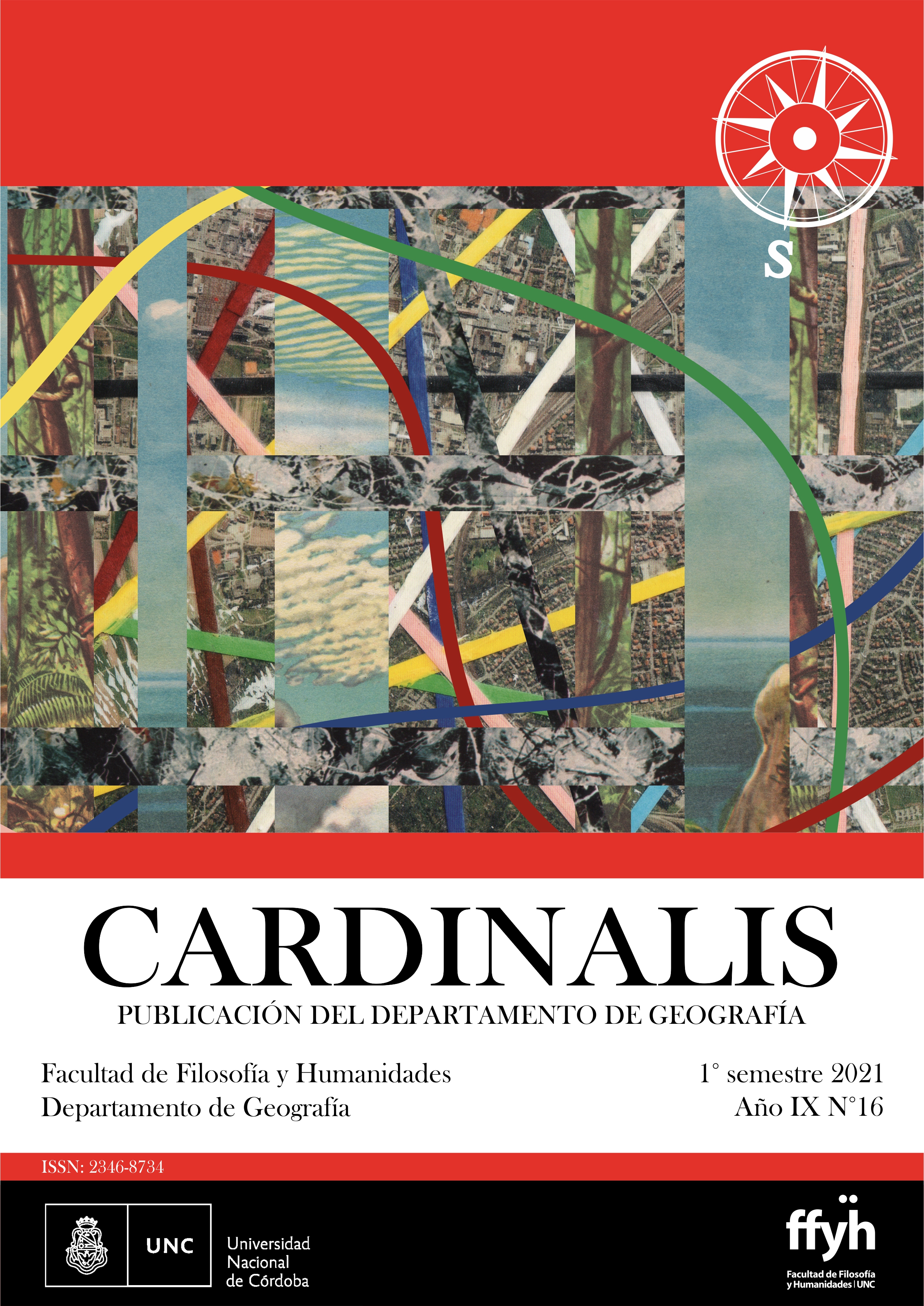The Contested Construction of Regions: Geographical Imagination and Everyday Practice
Abstract
In the course of the history of regional geography the concept of region has progressed from its naturalist and objectivist stage towards a constructivist meaning. Increasingly following the constructivist premises the making of regions has become the major focus of current regional geography - in the course of scientific inquiry and definition, in political and public discourses, and in everyday routine practice.
From a constructivist perspective, the paper offers a framework on the different kinds of region-building processes and practices, especially focussing on the involved aspects of coherence and tension. Four of these aspects will be discussed in detail: the ontological designation of the region as either “natural” or “artificial”, normative evaluations of the region-building process as either “top-down” or “bottom-up”, the spatial conception of the region as based on either territorial or relational geographies, and the implicit social relations of region-making, in the sense of coherence and tensions between economic practices (exchange) and cultural coherence (sharing).
These four aspects will be shortly illustrated with reference to the example of Patagonia in order to grasp the manifold practices of region-making and to further specify what it means to consider regions as social constructions.
Downloads
Downloads
Published
Issue
Section
License

This work is licensed under a Creative Commons Attribution-NonCommercial-ShareAlike 4.0 International License.
Aquellos autores/as que tengan publicaciones con esta revista, aceptan los términos siguientes:- Los autores/as conservarán sus derechos de autor y garantizarán a la revista el derecho de primera publicación de su obra, el cuál estará simultáneamente sujeto a la Licencia de reconocimiento de Creative Commons (indicada abajo) que permite a terceros compartir la obra siempre que se indique su autor y su primera publicación esta revista.
- Los autores/as podrán adoptar otros acuerdos de licencia no exclusiva de distribución de la versión de la obra publicada (p. ej.: depositarla en un archivo telemático institucional o publicarla en un volumen monográfico) siempre que se indique la publicación inicial en esta revista.
- Se permite y recomienda a los autores/as difundir su obra a través de Internet (p. ej.: en archivos telemáticos institucionales o en su página web) antes y durante el proceso de envío, lo cual puede producir intercambios interesantes y aumentar las citas de la obra publicada. (Véase El efecto del acceso abierto).

Esta obra está bajo una Licencia Creative Commons Atribución-NoComercial-CompartirIgual 4.0 Internacional.






